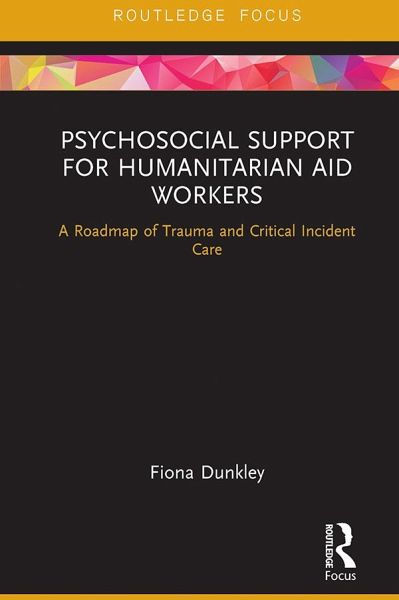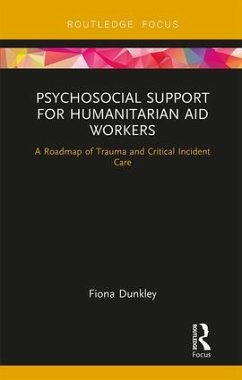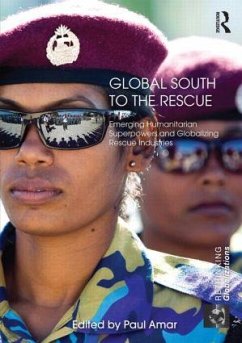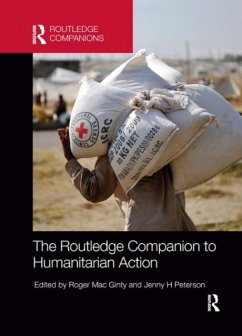
Psychosocial Support for Humanitarian Aid Workers
A Roadmap of Trauma and Critical Incident Care
Versandkostenfrei!
Versandfertig in 1-2 Wochen
25,99 €
inkl. MwSt.
Weitere Ausgaben:

PAYBACK Punkte
13 °P sammeln!
Humanitarian aid workers are trying to make a difference in an increasingly dangerous world. Psychosocial Support for Humanitarian Aid Workers: A Roadmap of Trauma and Critical Incident Care highlights the risks of such work, educate professionals responsible for their duty of care, and bring together current thinking to promote collaborative working to support the carers of our world.














